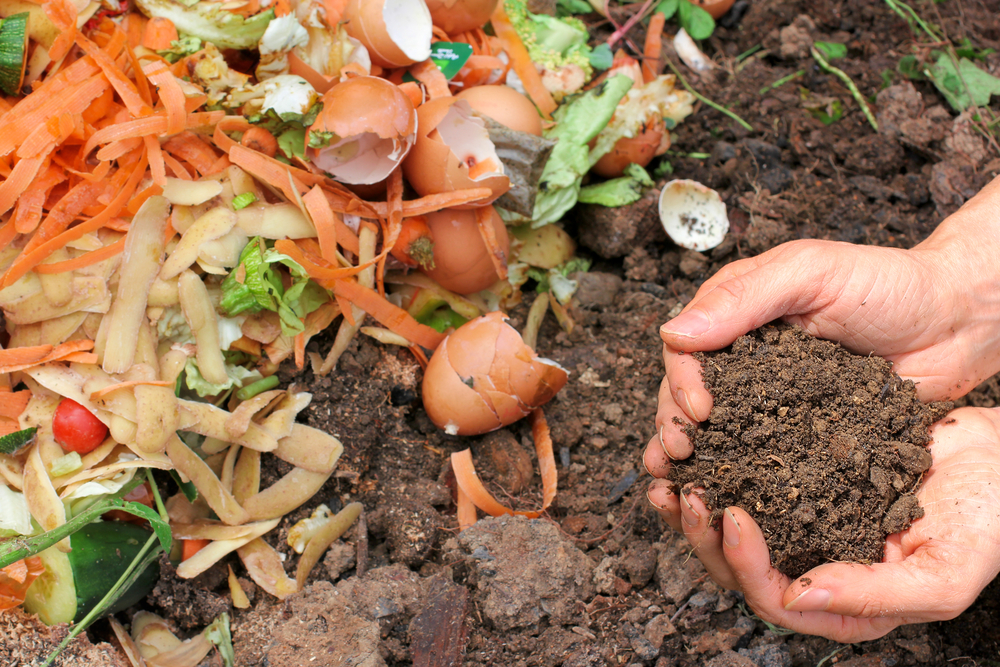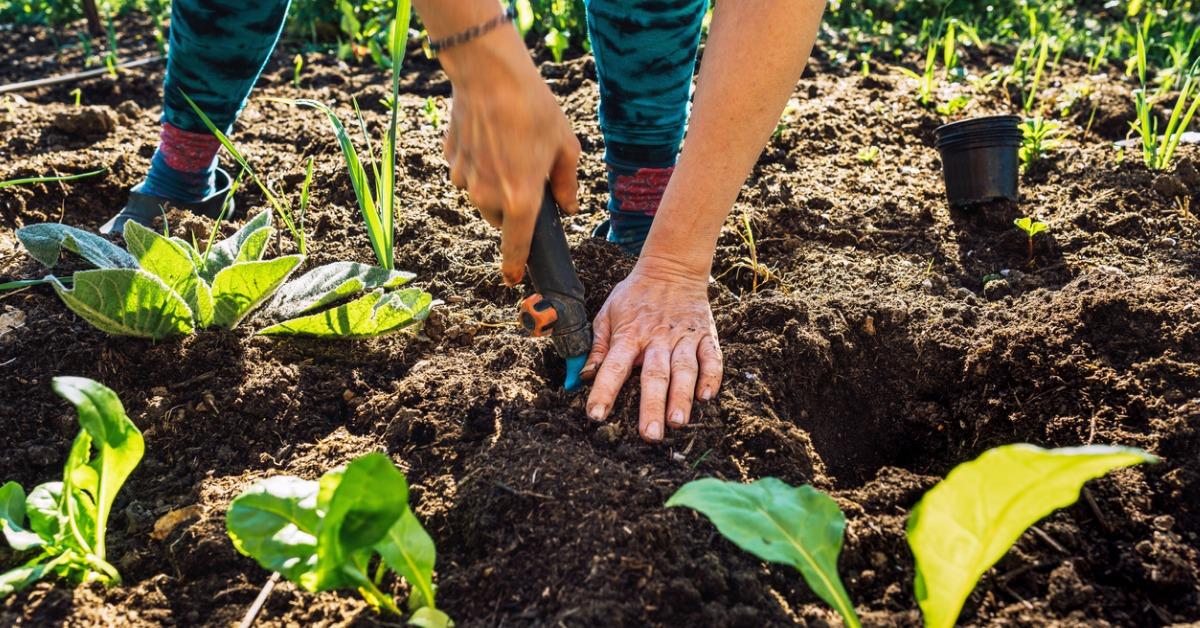It’s easy to forget about the circle of life in our backyards, but food waste composting can be an incredibly rewarding practice for female homeowners.
Not only is it a great way to reduce your carbon footprint, but composting can also produce rich soil that will help you grow healthy and delicious fruits and vegetables – all while helping build a sustainable future.
In this article, we’ll provide tips on how to get started with composting in your garden as well as some important considerations when creating a plan for your own home.
We’ll also discuss how best to manage the process so that it benefits both you and your garden over time.
Whether you’re new to gardening or have been tending plants for years, there’s something here for everyone!
Understanding the Benefits of Food Waste Composting

Understanding the benefits of food waste composting is an important step in creating a sustainable future. Composting has many advantages that not only benefit your garden but also the environment as a whole.
From reducing greenhouse gas emissions and diverting organic material away from landfills to improving soil fertility and water retention, compost can be used to create healthier ecosystems around us. Not only does it help reduce our ecological footprint, but it also creates nutrient-rich fertilizer that helps plants thrive without chemical treatments or pesticides – making it safe for beneficial insects and wildlife nearby.
By understanding these benefits and taking steps towards implementing them into their gardening practices, female homeowners can make an impactful contribution to their local environment while enjoying the rewards of nature’s bounty!
Setting up A Simple Food Waste Compost for Female Homeowners

When it comes to setting up a simple food waste compost, female homeowners have their work cut out for them. The process of turning food scraps into nutrient-rich fertilizer can seem overwhelming at first, but with the right set of instructions and materials, anyone can do it! To get started, gather all the necessary supplies like a compost bin or pile, shovels, and pitchforks.
Begin by selecting an area in your garden that gets adequate sunlight during the day; this will help speed up the decomposition process. Next, create layers of alternating green matter such as grass clippings, and brown matter such as wood chips or straw on top of the soil.
Finally, add the food scraps that you’ve been collecting in a container over time and mix everything using either a shovel or pitchfork. To maintain proper aeration be sure to turn your compost at least once every week so any bacteria present have enough oxygen to break down organic matter quickly.
With these easy steps, you will soon have rich fertile soil ready to nourish plants for years to come!
The Significance of Women with Eco-Friendly Solutions

Women play a significant role in the quest for eco-friendly solutions to everyday problems. In their gardens, female homeowners can revolutionize the way they approach food waste by composting.
Not only does this provide an environmentally friendly solution to disposing of food waste, but it also creates valuable nutrients that are beneficial to plants and soil health. Women who take on the challenge of composting can help contribute to a more sustainable future while simultaneously improving their own garden’s aesthetics and productivity.
By using earth-friendly methods such as composting, women are not only making a positive impact on our planet but also teaching others how small changes in behavior can have huge benefits down the line.
Composting is just one example of how women can make simple lifestyle changes with large impacts on our environment’s future; there are many other eco-friendly options available for those looking to go green at home or on the go!
Appreciating the Impact of Your Eco-Friendly Gardening Practices
The impact of eco-friendly gardening practices is immense; they can help reduce our carbon footprint, conserve resources, and protect the environment for future generations. Female homeowners have a unique opportunity to appreciate this by participating in sustainable practices such as composting food waste into nutrient-rich soil or using natural fertilizers rather than chemical ones.
By investing even just a few hours each week into creating compost piles or worm bins out of leftover food items, female homeowners are not only helping to save natural resources but also encouraging beneficial microbial activity in their garden beds which helps plants grow faster with improved nutrition uptake from plant roots.
Composting is an effective way to recycle organic matter while simultaneously creating a thriving ecosystem that will bring life back to your outdoor space!

Conclusion
Composting is an easy and beneficial way to reduce food waste in your garden. For female homeowners, it’s an opportunity to get more involved in the circle of life by participating in a process that turns food scraps into valuable soil for plants.
Hass Thailand provides great advice on how to compost effectively, giving you the chance to make a real difference at home with minimal effort — even if you’ve never done it before!
Composting is one of the most eco-friendly ways to reduce your environmental footprint and give back directly. With some simple tips and tricks, you can start making positive changes today!









